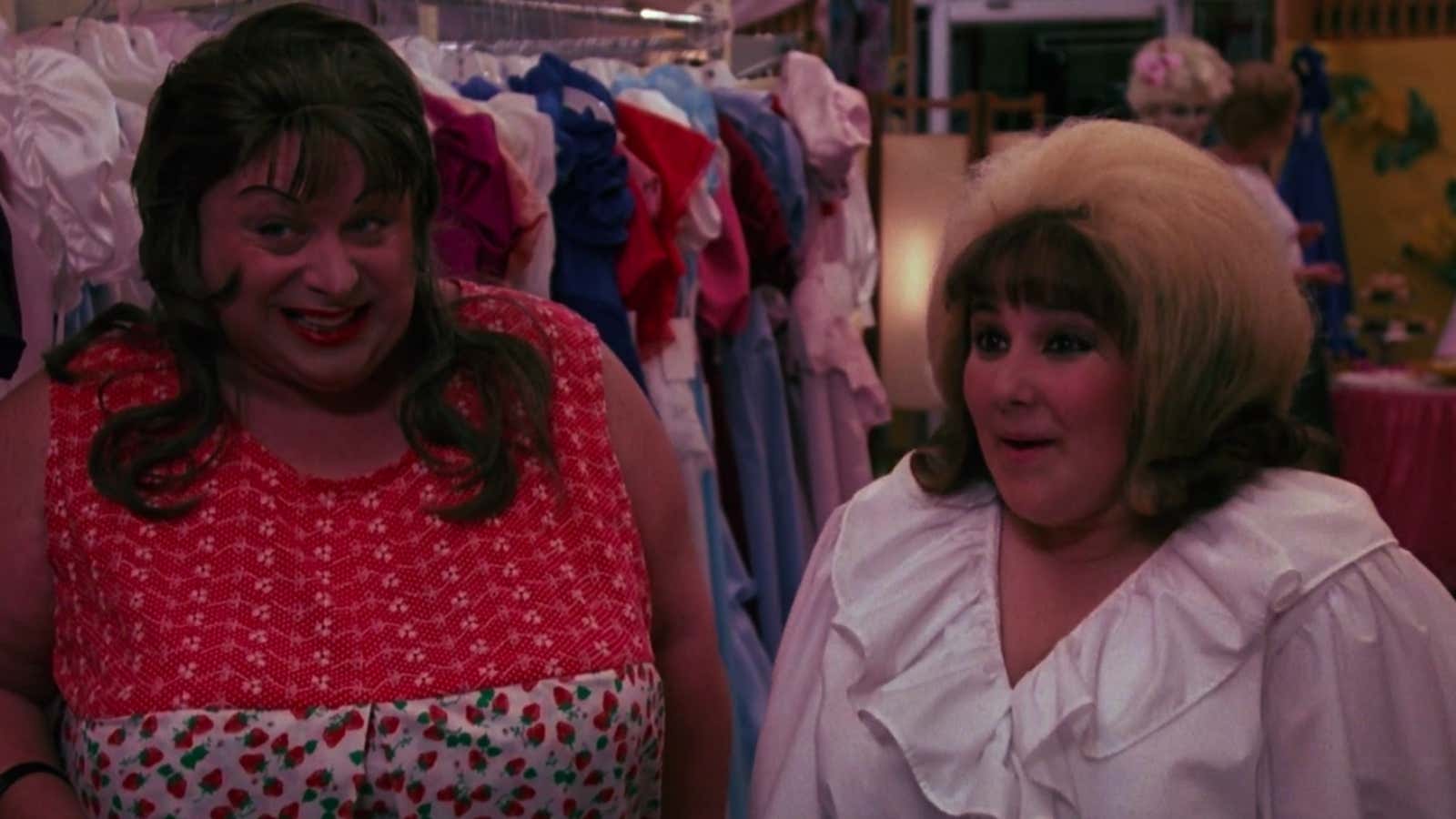Insatiable, a new Netflix show that debuted on Aug. 10, has been widely panned as tone deaf, offensive, and just plain bad. It traffics in outdated ideas about beauty, weight, and intelligence, and plays a false charge of sexual abuse as an outlandish joke. There’s also bad fat suit. On the whole, it’s a mess.
But instead of hate-watching Insatiable for more evidence about how everything is the worst, take a moment to rediscover something that is the best. Watch Hairspray, the 1988 version directed by John Waters, starring Ricki Lake, Debbie Harry, Divine, and an adorably awkward Josh Charles. It’s exuberant, it’s fun, it’s subversive, and it’s very much worth your time.
The basic set-up is this: Ricki Lake plays Tracy Turnblad, who despite being “pleasingly plump” gets a spot on The Corny Collins Show, a teen dance show based on the real Buddy Deane Show, a local Baltimore precursor to American Bandstand. Tracy becomes a sensation in Baltimore; she gets stopped on the street for autographs, and secures an advertising deal with Hefty Hideaway, a local plus-size dress shop.
Set in the 1960s, Hairspray is also a story about race and class. Tracy and her friends attempt to integrate The Corny Collins Show, allowing black dancers on air for every show instead of only during “Negro Day.” (If this sounds amber-hued and sanctimonious, it’s not. This is John Waters we’re talking about.)
What’s so refreshing about hairspray is how easily Tracy becomes a star. Her nemesis, Amber Von Tussle—thin, blonde, rich, and mean—makes fun of Tracy’s fatness, but everyone else falls in love with Tracy’s enthusiasm and dancing prowess. That’s a marked departure from Insatiable (to say nothing of Shallow Hal, She’s All That, I Feel Pretty, or any other movie or TV show predicated on a fat girl losing weight to fit in). Tracy is not trying to change herself at all. Because no one, Tracy included, has to realize that she could be hot; they recognize her appeal from the word go.
The first time Tracy dances on Corny Collins, it’s ladies choice: The young men line up and she picks one to dance with. They all give Tracy the eye; they’re all vying for her attention. When Tracy steals Amber’s Elvis-lookalike boyfriend, they don’t just chastely hold hands, they make out. In an alleyway outside a black dance hall, no less.
And if that sounds delightful but heteronormative, keep in mind that drag queen Divine plays Tracy’s mother. Not because there’s an LGBTQ message here; simply because queerness is just Waters’ lens. All of Hairspray, unlike any of Insatiable, is a celebration of outsiders, and of just being yourself.
